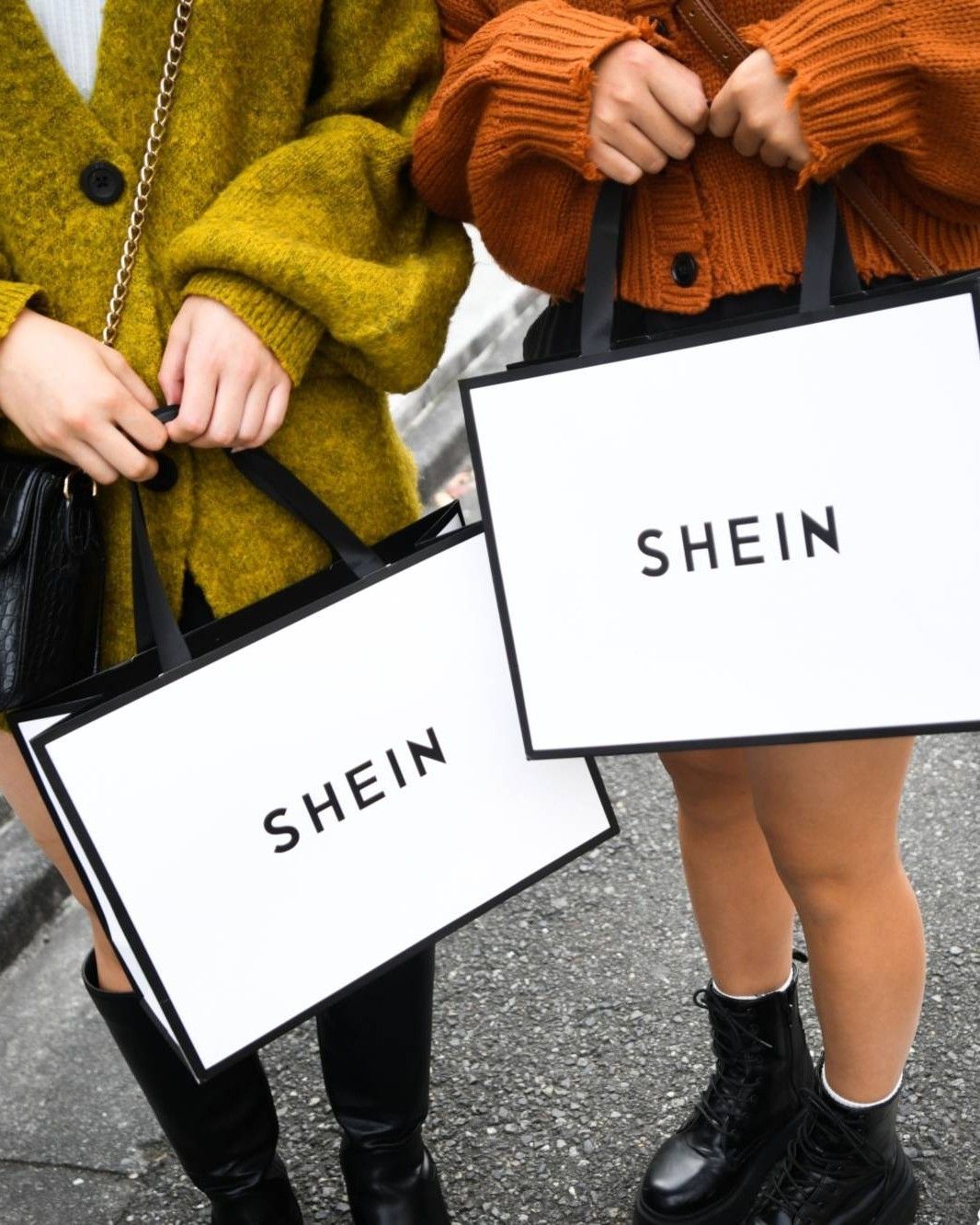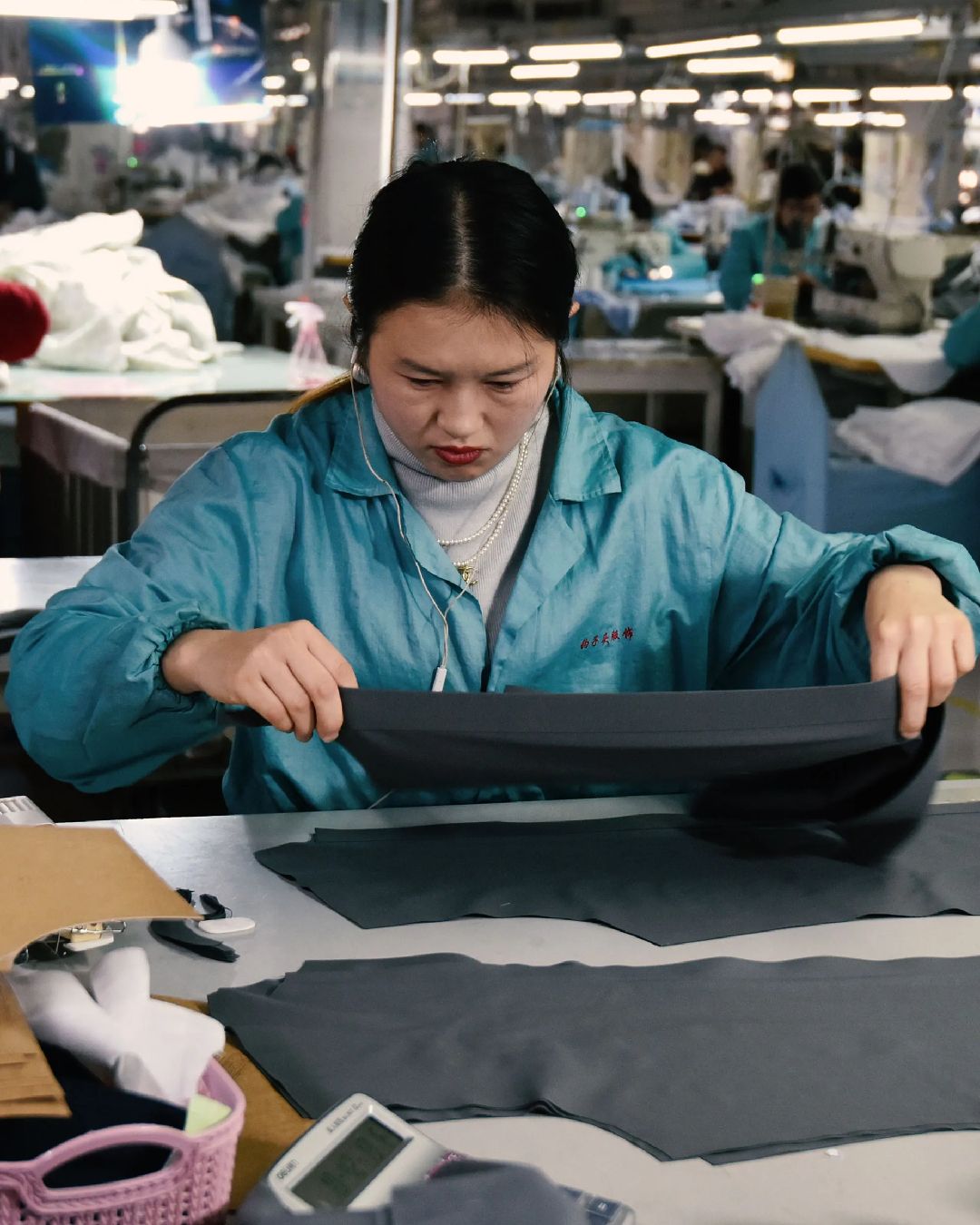
Fast fashion's first binding pact for workers in Cambodia Three brands pledge to raise wages, but Inditex is missing from the list
Yesterday, at the Global Fashion Summit in Copenhagen, fast fashion groups H&M (owner of COS, & Other Stories, Monki, Weekday, and ARKET, among others), ASOS, and PVH (Tommy Hilfiger, Calvin Klein, Warner's, Olga, and True & Co) signed a new agreement for higher wages, better working conditions, and commitments to sourcing in production centers. This is a binding individual pact made in collaboration with the union IndustriALL, which represents fifty million workers in the mining, energy, and manufacturing industries worldwide. In this case, the new agreement concerns only the supply chains in Cambodia, a strategic sourcing hub for the three groups. The bilateral agreements commit the brands in various ways but bring them closer to specific goals: containing labor costs; ensuring the same volume of sourcing to prevent factory owners from circumventing the system to the detriment of employees; promoting worker training by participating in a common fund.
The new pact involving ASOS, PVH, and H&M was established according to ACT, an agreement between unions, brands, and global retailers created almost ten years ago that involves twenty major clothing companies to improve working conditions in key garment-producing countries. Until yesterday, the commitments these three companies responded to were purely voluntary, which is why the pact represents a substantial event in the history of fast fashion that could finally lead to a real increase in wages. Specifically, the binding agreement obliges the three groups not to change production factories if costs increase following wage hikes. «This is a real shift in responsibility in the supply chain,» said Christina Hajagos-Clausen, IndustriALL's textile and garment sector director.
The new pact is similar to the one signed by hundreds of brands in 2013, after the collapse of the Rana Plaza factory, but at that time the Bangladesh agreement was binding only for health and safety conditions of workers, not regarding production and sourcing costs in relation to wages. At this week's Global Summit, the brands acknowledged that signing the new pact with IndustriALL will also benefit their reputation in terms of sustainability and compliance with due diligence regulations. Many corporations still choose not to bind themselves to an agreement like ACT, including Inditex, owner of Zara, despite stating that it will support higher wages through its purchasing practices. It is certain that a voluntary commitment from brands still does not guarantee anything: until the executive decisions of all involved are legally weighed, the issues plaguing the fast fashion industry will remain unchanged.















































